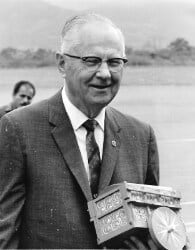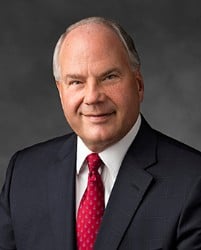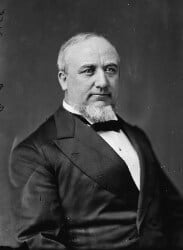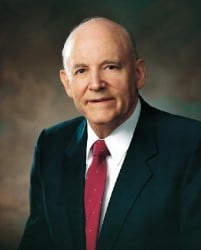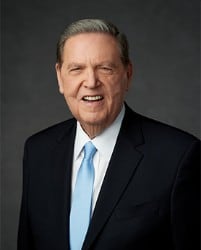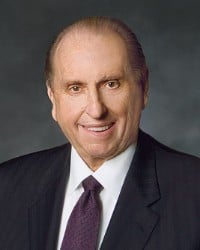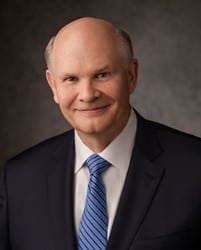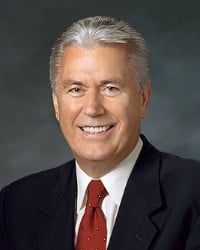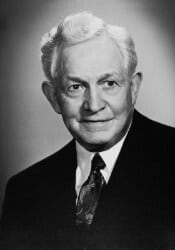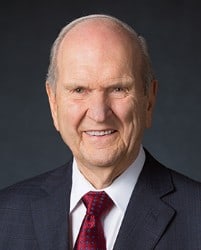“If any of us are imperfect, it is our duty to pray for the gift that will make us perfect. . . . No man ought to say, “Oh, I cannot help this; it is my nature.” He is not justified in it, for the reason that God has promised to give strength to correct these things, and to give gifts that will eradicate them. . . . He wants His Saints to be perfected in the truth. For this purpose He gives these gifts, and bestows them upon those who seek after them, in order that they may be a perfect people upon the face of the earth, notwithstanding their many weaknesses, because God has promised to give the gifts that are necessary for their perfection.”
George Q. Cannon
| Millennial Star, April 23, 1894, 260–61
Topics: Gifts of the Spirit, Natural Man, Perfection, Repentance
